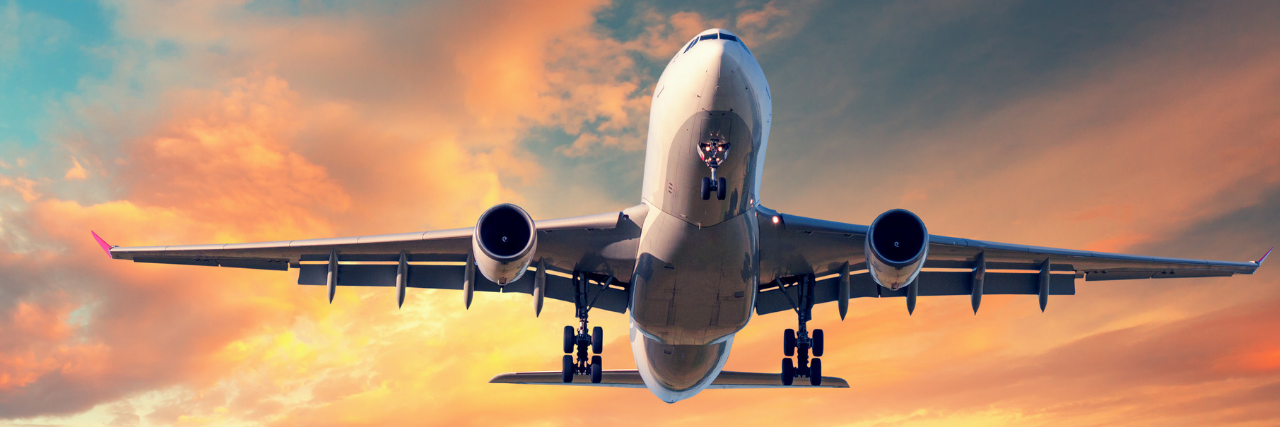A new federal law has created a bill of rights for airline passengers with disabilities and increased disability training for TSA agents and airline employees who assist people with disabilities in the airport and in the air. The law also outlines federal guidelines for service animals.
President Trump signed the law, which continues funding for the Federal Aviation Administration for five years, on Oct. 5. The bill of rights will be developed with members from disability organizations and airlines. An advisory panel that includes people with disabilities and representatives from disability organizations will identify access barriers people with disabilities encounter and how well the Department of Transportation is addressing those barriers.
The bill of rights has to meet minimum requirements that allow travelers with disabilities to receive timely assistance from airlines, seating accommodations and accessible airline announcements. The bill of rights must also include the right to file complaints with a resolution officer and the right to travel with mobility aids, assistive devices and medications.
The law also outlines an increase in civil penalties if a passenger with a disability is harmed or their wheelchair or mobility devices damaged.
Travelers with disabilities often encounter issues while traveling, such as damage to expensive mobility devices, the inability to remain in their customized wheelchairs in-flight and lack of access to in-flight lavatories that can fit a wheelchair. As The Mighty’s disability editor Karin Willison explained:
People with disabilities want to travel and see the world just like everyone else. We should not be forced to put ourselves and our mobility equipment in danger because companies that make billions in profit every year refuse to make their services accessible. The fact that a large number of people have no access to a restroom — or to what amounts to their legs — while trapped in a tin can at 30,000 feet is inhumane and unjustifiable.
The Secretary of Transportation will issue regulations for service animals by spring 2020. The secretary will conduct a rule-making proceeding to define service animals for air travel and if that definition should align with the Americans With Disabilities Act, which has a stricter definition of service animals than the Air Carrier Access Act.
The secretary will also announce minimum standards service animals and emotional support animals will have to meet to fly. Some of these standards could include documentation to ensure pets are not passed off as service or emotional support animals. Documentation could include photo ID of the animal, who trained the animal and what tasks it is trained to do.
The secretary can also issue whether or not passengers are allowed more than one service animal. Other standards for animals may include documentation of vaccinations and training to ensure the safety of all passengers on a plane. Many airlines have begun updating their service animal guidelines already.
In January, Delta Air Lines announced it would tighten its regulations for service and emotional support animals in an attempt to crack down on passengers presenting pets as service or emotional support animals. United Airlines followed suit in March.
Airlines have also changed other rules concerning disability and safety. Southwest announced in July it would no longer offer inflight peanuts because of food allergies. Other airlines serve peanuts, but if a passenger notifies airline attendants of an allergy, the airline is supposed to refrain from distributing them.
Photo via Getty Images/den-belitsky

